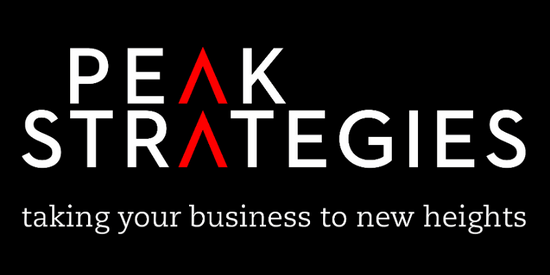We all understand why we need valuations.
There are the necessities of bank funding and compliance, using the equity in your pharmacy to remove debt securities from your family home, determining a value for selling, partnership equity changes, sometimes for tax reasons, and sometimes unfortunately for Family Court reasons. Now some pharmacy owners will take a valuation report, go straight to the $value and ignore everything in between. Some will aggressively try to persuade me to change my opinion. Others think they know valuation theory more than me (some do by the way). Some will go through the valuation with a fine-tooth comb and focus on each word and sentence but are so respectful and balanced with it (yes, you know who you are).
Then there is another rare set, the rarest of them all. Those that will take a valuation and use it as an education piece to obtain insights into their pharmacy that they can use to improve the businesses performance. You have a detailed report in your hands, that gives you a very good synopsis of your business, from an independent viewpoint and perspective. From someone who has seen a lot of pharmacies. You know what you know, but you don’t know what you don’t know. The good pharmacy owners will take this opportunity to find out more about their business, where they can improve, where are they underperforming and industry best practice. They’re in constant search for knowledge.
Recently, I had a fascinating encounter with a female pharmacy owner who, in my view, ranks among the top pharmacy owners in Australia. What struck me about her was her genuine excitement when uncovering any underperforming aspects of her pharmacy. I truly admire this trait—it represents the pursuit of self-mastery, the ongoing quest for improvement, and the readiness to embrace change to achieve excellence. Our interaction occurred during a routine site inspection. From my experience, some pharmacy owners are absent or indifferent during these inspections, while others take immense pride in their business and eagerly engage in conversations with me, seeking advice. These are the moments I cherish the most! They provide me with an opportunity to delve deeper than just the financial and point-of-sale data, gaining insights into hidden facets of the pharmacy. Furthermore, they allow pharmacy owners to explore new dimensions of their business and consider fresh strategies that could potentially revolutionise their operations.
Our conversation about her pharmacy and the endeavors of her team was fantastic. Yet, I spotted an opportunity for improvement, something they could embrace to enhance both the pharmacy's operations and the community's health. As we delved deeper into this issue, she became increasingly engaged. It was a straightforward discussion that sparked an idea that truly struck a chord with her.
At this stage, I believe it's crucial to bring up a topic that underpins pharmacy performance: owner belief. I've noticed that when I suggest an idea to one pharmacy owner, they eagerly embrace it, implement changes, and witness the positive impact on their store's performance. However, the same conversation with another owner often leads to immediate dismissal of the idea. Some owners actively pursue self-mastery, remaining open to change, willing to adjust their beliefs and explore new ways of thinking. Yet, for others, the door seems firmly closed, unwilling to entertain alternative perspectives. Our own beliefs can sometimes limit us. It's only when we're willing to challenge these beliefs that we open ourselves to growth and expansion.
So how can you benefit from a valuation report and process?
1. Spend time going through the report. If you keep an open mind, and not get too emotional, what can you learn from this? And note here, just because someone has a different view or opinion of your business doesn’t mean they are necessarily wrong. It is just a different opinion and getting a different view of your business is quite important.
2. Most valuations require a site inspection. Is there anything you can gleam from these comments that you can learn? I say this because there are some pharmacies who presentations are poor. Very old, stale, and aged, messy, and cluttered. Take pride, your stores presentation does matter. It is all part of the patient experience.
3. Look at the trading performance data and the KPI’s. What trends are you noticing? Where are you performing well? Where are you underperforming? What comments does the valuation make that reveals something about your stores’ performance? Are there any areas that need a renewed focus? Where are you under performing in comparison to industry trends? What can you learn from this data?
4. Some valuation reports will contain a Risk Profile and Strengths and Weaknesses sections. Talk to the valuer about their comments here and talk more about these observations of your pharmacy. What aspects of your store, in their opinion, can be improved? Where do they see are your strengths and weaknesses. How can you take advantage of your strengths and overcome your weaknesses. The best part of this is another view of your store from an independent perspective who is not as emotionally involved as you are. The longer we are in the pharmacy, the less we see. It is only the really skilled owners who can maintain this view.
5. Talk to the valuer how where your store is underperforming in comparison to industry and best practice.
Valuation reports serve as invaluable tools for gaining a fresh perspective on your pharmacy's performance. They provide a wealth of unbiased information that can help pinpoint areas needing improvement. Pharmacy bank panel valuers have extensive exposure to various pharmacies and trading data. Make the most of this opportunity by asking questions and absorbing insights. Remember, the key to enlightenment often lies in asking the right questions.

